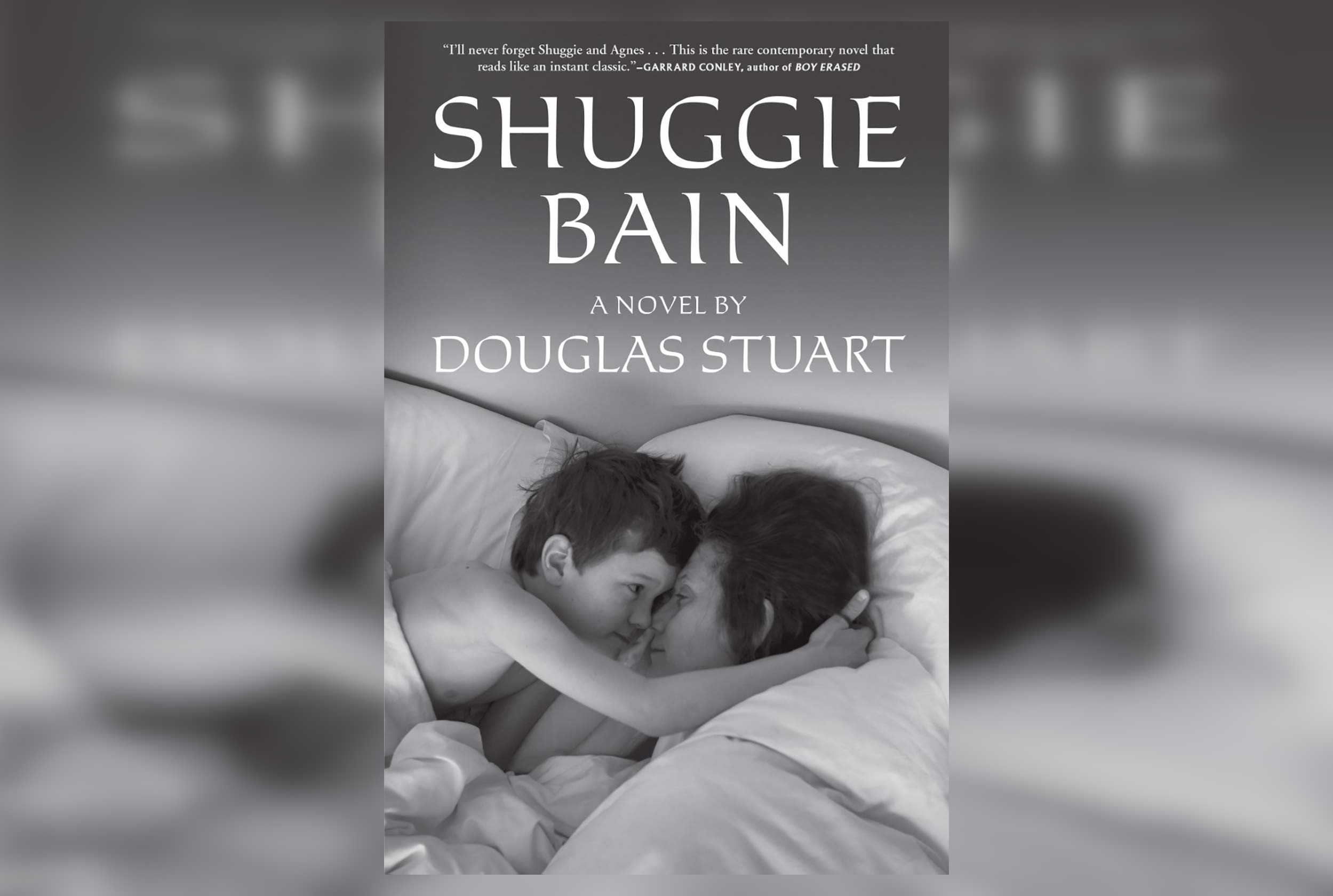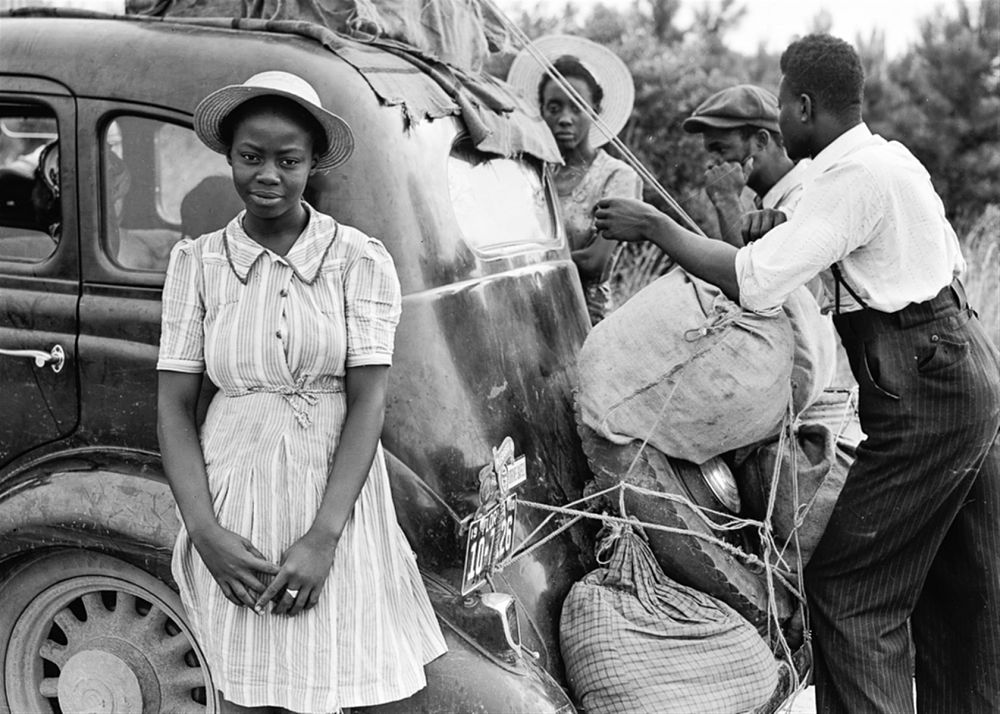“It’s been twelve years of love and quiet work to get it here,” Douglas Stuart recently said on Instagram of his debut novel. “The first draft was 900 pages long and needed to be housed in two ring binders. There has been 13 drafts since, and lots of self doubt, laughter, and distractions along the way.” A similar range of emotions can be experienced when reading Shuggie Bain, a heart-wrenching tale that unfolds and unravels across 400 pages and more than a decade of love, loss, and pride.
The novel follows the life of the Bains living in poverty-stricken Glasgow during the 1980s, one of the many families around them suffering from the effects of PM Margaret Thatcher’s political policies. At the centre of the family is Agnes, a woman who maintains her looks no matter the financial circumstances, and whose dream of a better life is troubled by her alcoholism. Her hopes of a home of her own come somewhat to fruition when her second husband, Hugh “Shug” Bains, finds her a council flat in Pithead among former miner families, but the dream quickly crumbles when Shug’s philandering ways and Agnes’s drinking destroy the relationship. As Agnes finds peace in taking the weekly benefit money and spending it on booze, her three children work to find their way in the world, with or without their mother. The youngest, Shuggie, stays the closest to Agnes, riding out her highs and lows with depleting hope as he struggles with his own coming-of-age.
Perhaps implied in its title, Shuggie Bain is a novel read more so for character development than plot, though the two are fiercely intertwined. Douglas’s sharp narrative perspective moves from character to character, depicting each internally and externally with astute grace, giving a complex understanding of the dynamics of the Bain family. Older brother Leek’s depression is painted in his unwillingness to leave the safety of his bed each morning or to part ways with his long-expired acceptance letter to art school, whereas sister Catherine’s determination to get away from the family’s deprivation is marked in nearly all of her thoughts. Agnes, described in a drunken state as “sparkling and fluffy… lying like a party dress that had been dropped on the floor,” struggles to accept the state of her life. “It was pride, not danger, that made her so angry.” Readers stay hooked to see which, if any, characters will get what they want, often receiving heart-breaking results.
The most powerful character is Shuggie, who we quickly sort out struggles from an early age to accept his sexuality, teased and misunderstood for his girlish behaviour and differences from other boys his age. In one scene, “he caught the reflection of his own eyes in the mirror. It wasn’t right. It wasn’t how real boys were built to be,” showing his discomfort in his being. This is further complicated when we learn Shuggie is sexually abused as a child by an older boy, an event that permeates his mind without a safe outlet to release it, though the longer he stays in the Pits, the more he comes to discover the abuse is far too common—something against which he rebels. “He didn’t want to be pretending it was OK to be playing with girls’ toys or touching the dirty bits of boys in secondary school… He wanted to be normal.”
But normal is skewed in Shuggie’s world. In a town where “the stale smells of sweat and cum mixed with the static heat of black-and-white televisions and the sting of amber aftershave,” there are, understandably, little means through which to gain power. Men go to work when they have it and women stay home with endless numbers of children—“The last holiday most of them had seen was a stay on the Stobhill maternity ward… It felt like they were renting their lives.” Poverty, too, is commonplace. “Thirty-eight pounds a week was meant to keep and feed them all. It made mothers stand in the little shop and look at pint cartons of milk like they were a luxury.” The circumstances are so vividly rendered, heightening the state of turmoil and desire. With little hope, it is more likely for characters to then numb themselves with alcohol or to take out their anger in violence and sex, to seek power over others in anyway they can. It creates a world where rape and murder are everyday threats nearly every character faces.
Given these high stakes, relationships become fiercely important but constantly negotiated with self-preservation: do you prioritize yourself, or the person you love? Some relationships fail in the Bain family as the older siblings leave their mother, choosing to try to save themselves. “When Catherine had first married… Agnes, soaked through with vodka, had dragged Catherine’s mattress out to the kerb… the last of their sister was set amongst the black bags.” Meanwhile, Shuggie supports Agnes, though to what cost of his own well-being? “I do fight for her!” Shuggie says to a neighbor when they criticize Agnes’s drunkenness. “Mostly with herself, but it’s still a fight.” He becomes numb to the behavior, hauntingly, at a young age. “To Shuggie, the stretches of sobriety were fleeting and unpredictable and not to be fully enjoyed. As with any good weather, there was always more rain on the other side… To have marked her sobriety in days was like watching a happy weekend bleed by: when you watched it, it was always too short.”
Shuggie Bain is a master class in depicting the blinding dedications of love and the endless bounds to which people will go to feel in control, to feel better. It hopefully sets the tone for more beautifully devastating works of fiction to follow from Stuart in the future.



